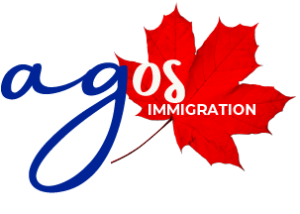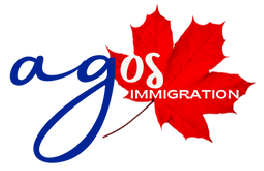“As of January 2025, Quebec halts support letters for CSQ holders outside the province—signaling a stricter stance on immigration and workforce control.”
In a quiet but significant policy shift, Quebec has taken another step toward tightening control over its immigration system. According to an official update from Immigration, Refugees and Citizenship Canada (IRCC), the Ministère de l’Immigration, de la Francisation et de l’Intégration (MIFI) has officially stopped issuing invitations for work permits under administrative code A76 to Quebec Selection Certificate (CSQ) holders who are currently outside the province.
The change came into effect on January 16, 2025, and was made public via IRCC’s Program Delivery Instructions on July 16, 2025. According to the update, no new letters of invitation will be issued beyond this date. However, applicants who already received a letter from MIFI dated on or before January 15, 2025, still have 90 days to submit their work permit applications.
This update affects individuals who were previously able to apply for a work permit under the International Mobility Program using the special exemption code R205(a) – A76, which bypassed the need for a Labour Market Impact Assessment (LMIA).
A CLEAR MESSAGE: CONTROLLED IMMIGRATION, QUEBEC’S WAY
This move is widely seen as part of Quebec’s broader effort to limit and more tightly manage the flow of newcomers, particularly those arriving for work purposes. In recent months, Premier François Legault’s government has voiced concerns over rising immigration levels, citing pressures on housing, health care, French language preservation, and infrastructure.
The decision to stop issuing support letters for work permit applications under this pathway reflects Quebec’s growing preference for immigrants who are already inside the province, and who meet its increasingly targeted, French-language, and regional labour priorities.
While the federal government manages overall immigration to Canada, Quebec maintains full authority over its economic immigration selection process, including the issuance of CSQs. However, when it comes to federal work permits, cooperation is required between both levels of government—something this new restriction effectively disrupts for applicants not physically present in Quebec.
THE BIGGER PICTURE: WHAT THIS MEANS FOR APPLICANTS AND EMPLOYERS
For prospective workers who obtained a CSQ abroad and hoped to enter Quebec using a simplified work permit process, this change creates an additional barrier. They now must either secure an LMIA-based work permit—a longer and more difficult route—or wait until they are physically in Quebec to explore other legal options.
Employers in Quebec, particularly those in sectors already experiencing severe labour shortages (e.g., manufacturing, construction, food service), may find it harder to fill positions using pre-approved foreign talent.
Critics argue this policy may undermine Quebec’s own economic needs, especially in the context of an aging workforce and continued low participation in lower-wage occupations by domestic workers.
A BALANCING ACT FOR QUEBEC
Quebec’s decision to stop issuing support letters for CSQ holders abroad reflects its ongoing effort to protect its cultural and linguistic identity. However, these restrictions come at a time when many industries are struggling to find workers.
As the province tightens immigration pathways, it risks creating barriers for the very talent its economy needs. The challenge now is finding a balance between protecting Quebec’s values and ensuring it remains open to those ready to support its growth.




